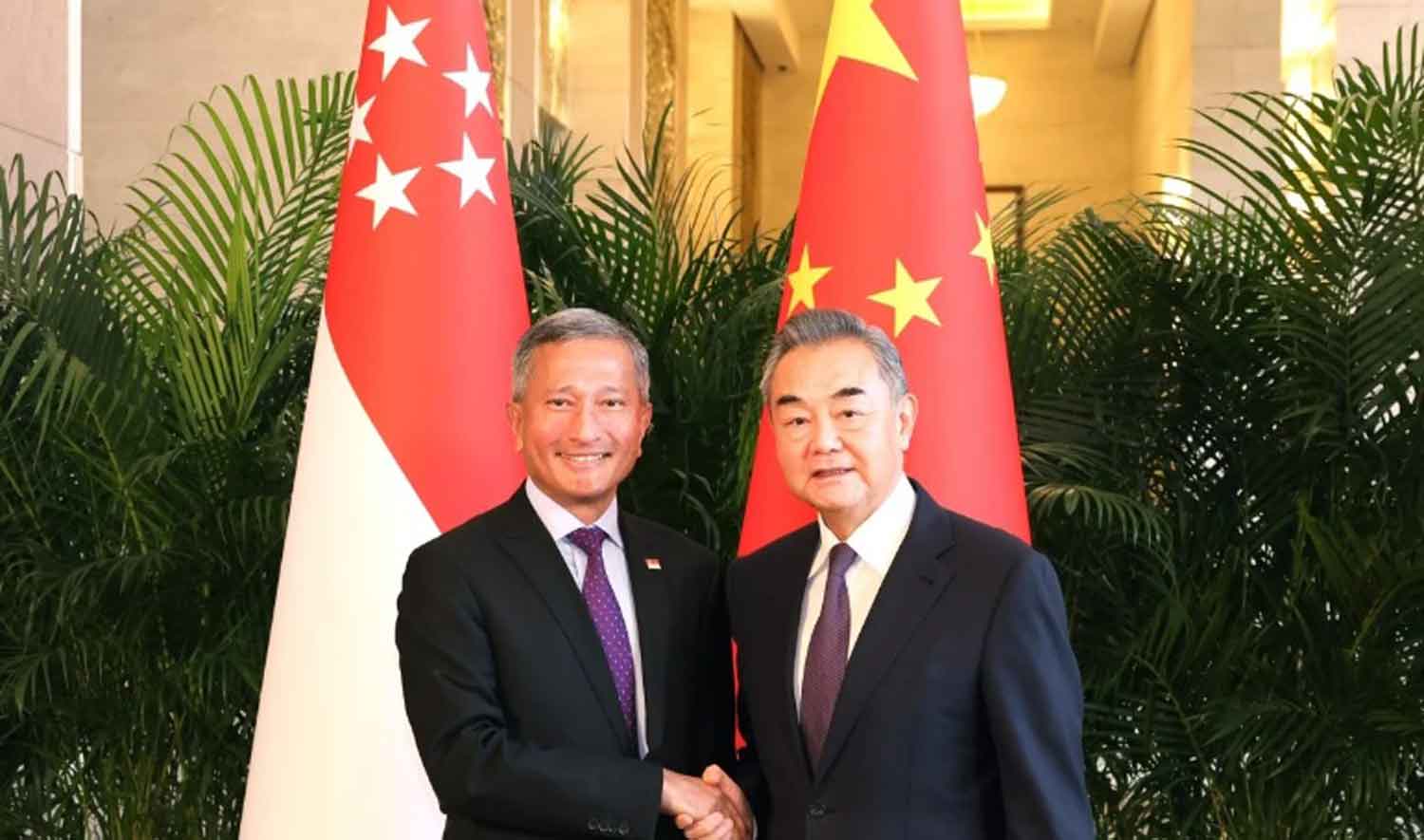US Senator Chris Murphy expressed that Israeli Prime Minister Benjamin Netanyahu has a significant political motive to avoid a ceasefire, suggesting that his coalition partners would likely oppose any agreement that involves the release of “Hamas prisoners.”
During a discussion at the Atlantic Council regarding the future of Democratic foreign policy, the Connecticut Democrat stated, “It is challenging because both the Israeli government, under Netanyahu, and Hamas see political benefits in not agreeing to a ceasefire.”
He further noted that Netanyahu’s political survival may hinge on his refusal to sign such an agreement. Murphy, a member of the US Senate Foreign Relations Committee, lamented that Hamas appears to be gaining increased “global support” as the conflict persists, complicating the prospects for a deal.
Earlier in September, President Joe Biden also remarked that he believed Netanyahu was not doing enough to facilitate a ceasefire.
However, this perspective contradicts the broader narrative maintained by the Biden administration, which has primarily blamed Hamas for hindering negotiations.
Recent ceasefire discussions have been influenced by Netanyahu’s insistence on Israel’s control over the Philadelphi Corridor and the Netzarim Corridor. The Philadelphi Corridor is a 14-kilometer-long, 100-meter-wide demilitarized buffer zone along the Gaza-Egypt border, established through agreements in 1979 and 2005, while the Netzarim Corridor is a 6-kilometer stretch created by the Israeli military during the ongoing conflict.
Netanyahu has consistently asserted that Israel will retain authority over these regions and uphold a military presence at the Rafah border crossing, which has been a vital route for aid and commercial goods since its closure in early May.
Murphy, who holds a prominent position in US foreign policy concerning the Middle East, continues to monitor the situation closely.
Discover more from Defence Talks | Defense News Hub, Military Updates, Security Insights
Subscribe to get the latest posts sent to your email.





